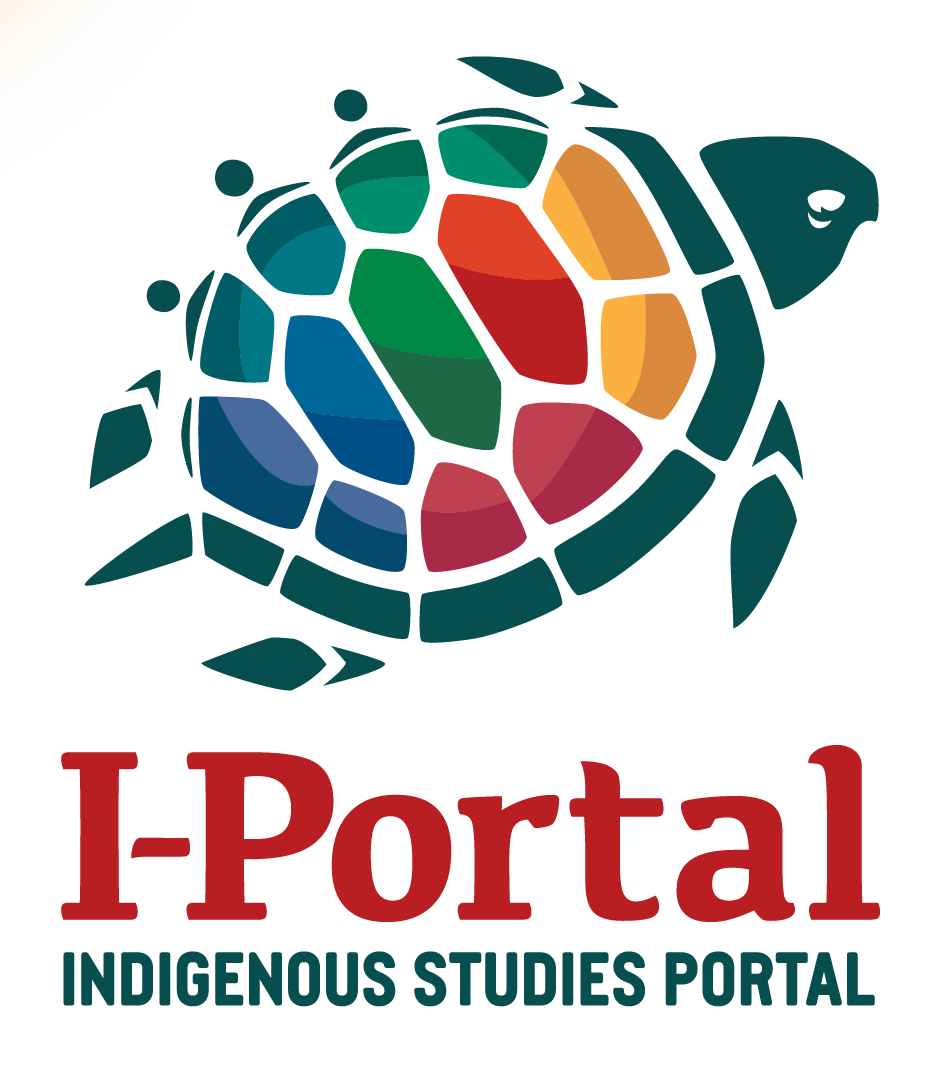2011 [June] Status Report of the Auditor General of Canada to the House of Commons: Chapter 4: Programs for First Nations on Reserves
2021 Reports of the Auditor General of Canada to the Parliament of Canada: Independent Auditor's Report 3: Access to Safe Drinking Water in First Nations Communities--Indigenous Services Canada
70 to 225 Times Standard: Test Detects Radon In Red Earth Water
Aboriginal Water Rights Primer
Aboriginal Women, Water and Health: Reflections From Eleven First Nations, Inuit, and Métis Grandmothers
Access to Safe and Sustainable Drinking Water Sources in First Nations Communities [Webinar]
Accessibility, Quality and Safety of Liard First Nation's Drinking Water Supply
Adapting to Climate Change through Source Water Protection: Case Studies from Alberta and Saskatchewan, Canada
American Indian Reservations and COVID-19: Correlatesof Early Infection Rates in the Pandemic
Analyzing the Effects of the Fairford Dam on Lake St. Martin First Nation
The Application of a Membrane Bioreactor for Wastewater Treatment on a Northern Manitoban Aboriginal Community
The Aqueduct Between Us: Inserting and Asserting an Indigenous California Indian Perspective about Los Angeles Water
Are We Seeking Pimatisiwin or Creating Pomewin? Implications for Water Policy
Arizona Supreme Court designates Reservations as Permanent Homelands and Adopts a Balancing Approach to Quantifying Reserved Rights
Arizona vs. California, et al.
Austerity and Aboriginal Communities: An Interview with David Newhouse
Autonomous Native Health Services, Government and University Hospitals: A Case Study of an Epidemic of Infantile Gastroenteritis in Northwestern Quebec
Barriers to and Strategies for Engaging Non-Indigenous Canadians in First Nations Water Rights: A Qualitative Inquiry
Bentley Argues Water Safe Although No Standards Set
Beyond Physical: Social Dimensions of the Water Crisis on Canada's First Nations and Considerations for Governance
Bill S-11: The Safe Drinking Water for First Nations Act
Bill S-8: The Safe Drinking Water for First Nations Act
Boil-Water Advisories and Federal (In)Action: The Politics of Potable Water in Pikangikum First Nation
Boil Water Advisory Mapping Project: An Exploration and Review of Available Data
Boiling Point! : Six Community Profiles of the Water Crisis Facing First Nations within Canada
A Bottom Up Approach to Evaluate Risk Assessment Tools for Drinking Water Safety in First Nations Communities
A Brief Analysis of Bill S-11: Safe Drinking Water for First Nations Act
Briefing Book: Current Federal Legislative Amendments Affecting First Nations
Budget Didn't Meet Raised Expectations
First Nations leaders contend that the federal government failed to provide funding, as promised, to poverty issues. The issues include contaminated water, black mold, and lack of funding for graduates to pursue post secondary education.
Entire issue on one pdf. To access article scroll to p.1.
Budget Sufficiency for First Nations Water and Wastewater Infrastructure
Building Governance Capacity: The Case of Potable Water in First Nations Communities
Outlines various approaches, goals and considerations for capacity development.
Chapter eight from Moving Forward, Making a Difference, vol. 1, which is also vol. 3 in the Aboriginal Policy Research series.
Originally presented at the second annual Aboriginal Policy Research Conference, 2006.
Canada: Submission to the Pre-Sessional Working Group of the UN Committee on Economic, Social and Cultural Rights: 55 Session, 9-13 March 2015
The Canadian Water Sustainability Index (CWSI): Case Study Report
The Capacity of Montreal Lake, Saskatchewan to Provide Safe Drinking Water: Applying a Framework for Analysis
The Capacity of Montreal Lake, SK to Provide Safe Drinking Water
Case 8 - First Nations Drinking Water Policies
Children of the Broken Treaty: Canada's Lost Promise and One Girl's Dream
Clean Water for First Nations: Is the Government Spending Enough?
Report provides updated estimate of costs associated with providing public water and wastewater systems using data and expenditure recommendations from the 2011 National Assessment of First Nations Water and Wastewater Systems; period of analysis covered is 2016-2017 to 2025-2026.
